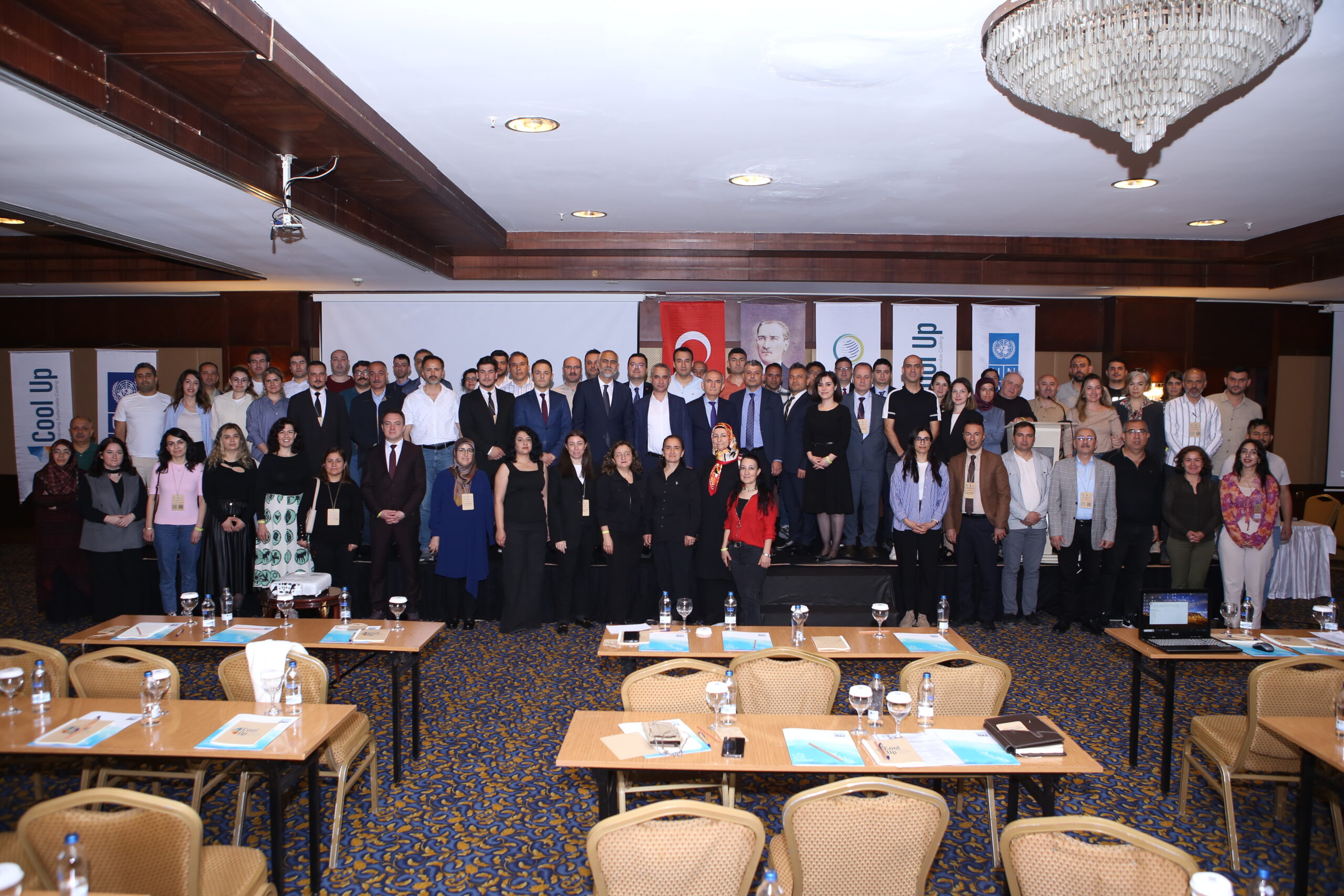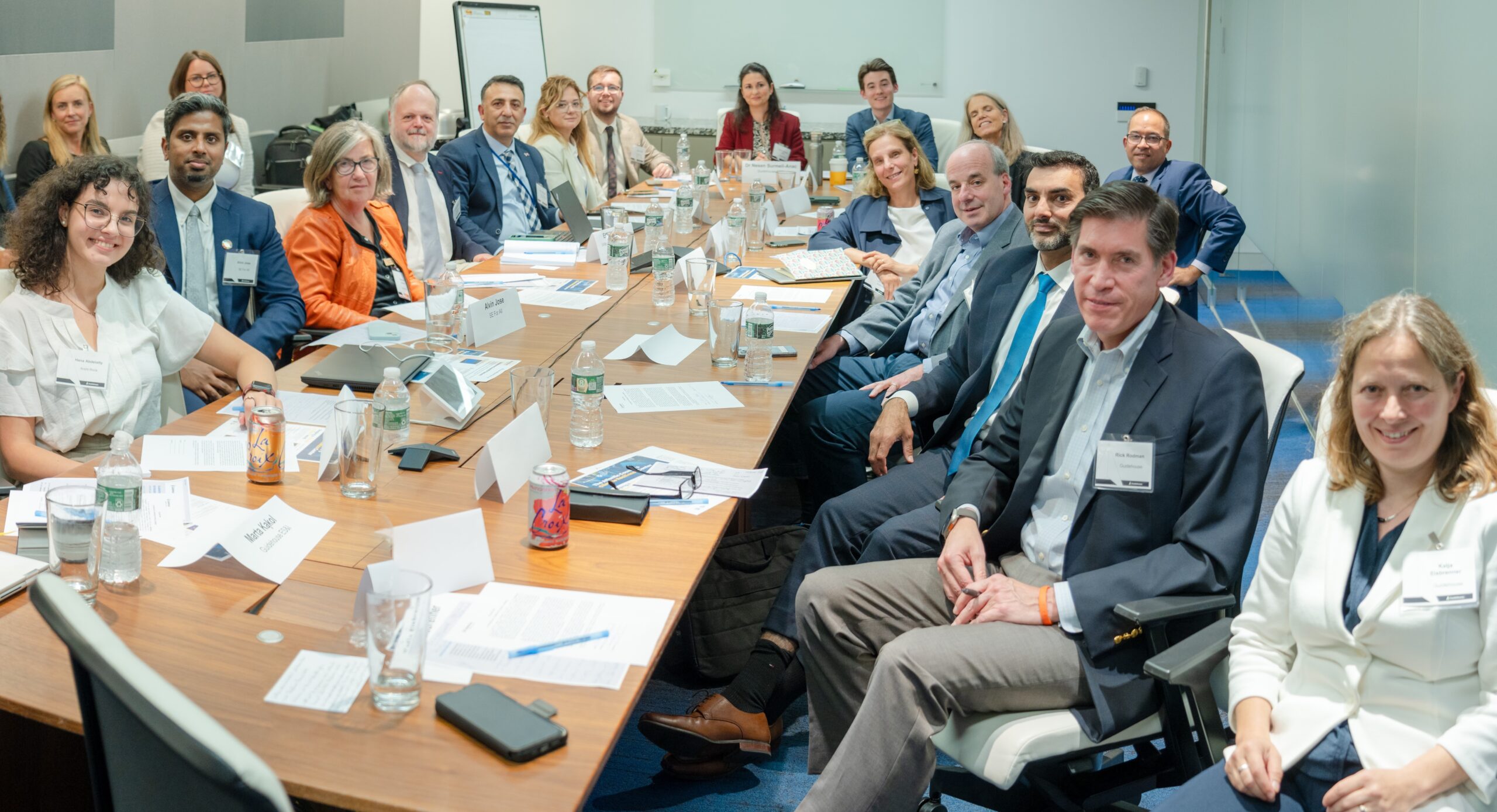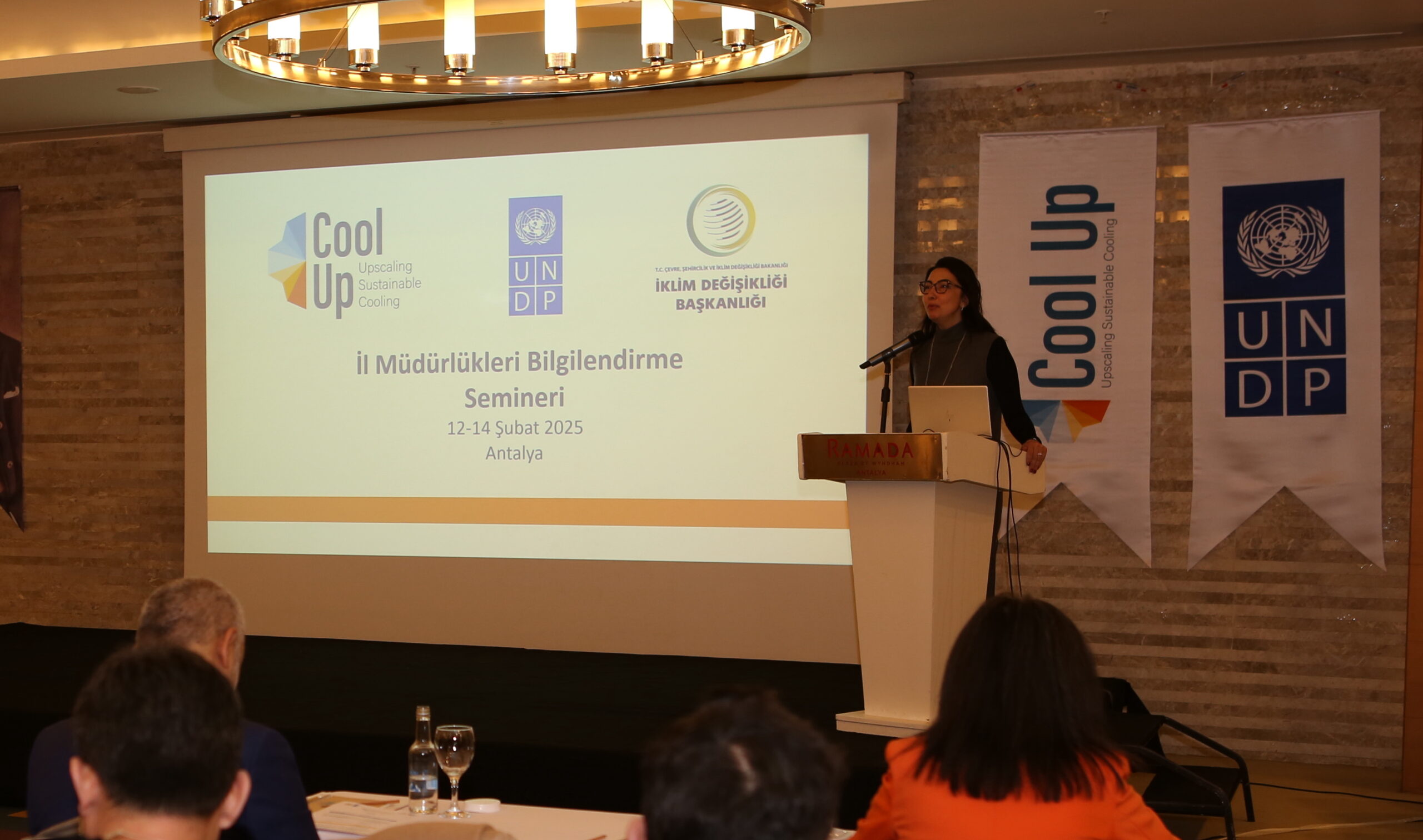Themes
Policy and regulation
Policy and regulation are powerful stimuli to encourage the uptake of new technologies. In Cool Up we support our partner country governments in leveraging policies that can accelerate the implementation of the Kigali Amendment.
Our approach
The Cool Up programme supports partner country governments in developing policy measures that create a regulatory environment conducive to sustainable cooling. Such measures should enable a reduction in cooling demand and an increase in energy efficiency, facilitate the phase-down of hydrochlorofluorocarbons (HFCs), and increase the uptake of natural refrigerants. Cool Up’s policy work strengthens partner countries’ institutional capacity to monitor and regulate the refrigeration and air conditioning market and leads to the accelerated implementation of the Kigali Amendment. Cool Up’s approach focuses on staying closely linked to the national targets, strategies, plans, and programmes in partner countries. The Cool Up team engages closely with key public stakeholders such as environment ministries, particularly the National Ozone Units (NOUs) as focal points, other relevant ministries, and standardisation organisations.
Cool Up policy actions
Cool Up is working closely with partner country governments to identify and implement recommendations to support the development, uptake, and awareness of sustainable cooling. Key areas for support include national governments’ ongoing work on international protocols and commitments, national plans and strategies, laws, bylaws, regulations, standards and codes. The goal of the policy and regulatory support is to provide technical assistance to each Cool Up partner country government on developing overarching national strategies such as national cooling action plans or roadmaps.




